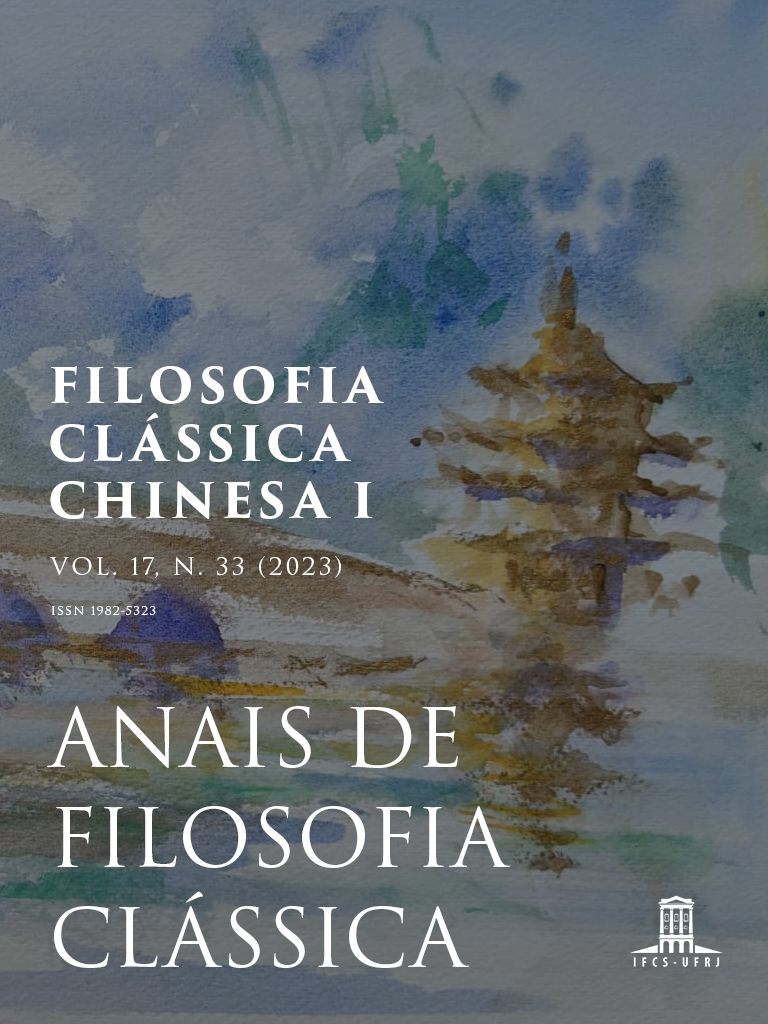Mozi's Logic of Love
Résumé
Mozi (墨子, c. 470 BCE – c. 391 BCE) is a prominent figure in Chinese civilization and an influential ancient thinker of his time. Universal love (兼愛, jian'ai) is an integral part of his thought, with the belief that all actions should be rooted in the idea of care without distinction. It serves as a cornerstone for his ethical and political principles, emphasizing a focus on the betterment of society as a whole. Mozi's views on the structural problem in human predispositions towards partiality inclinations are also discussed. This paper also presents the role of analogy in the development of philosophy in China and how Mohism played a key role in establishing rigorous standards of evidence, logical reasoning, and argumentation that had a lasting impact on Chinese thought.
Téléchargements
Publiée
Numéro
Rubrique
Licence
© Anais de Filosofia Clássica 2024

Ce travail est disponible sous licence Creative Commons Attribution - Pas d’Utilisation Commerciale - Partage dans les Mêmes Conditions 4.0 International.


